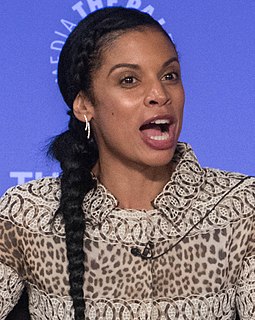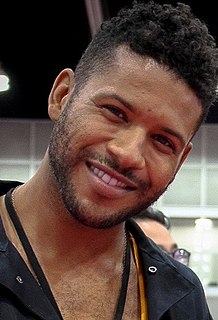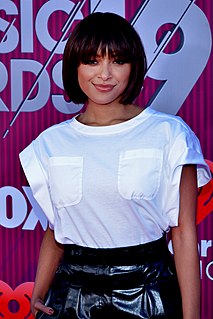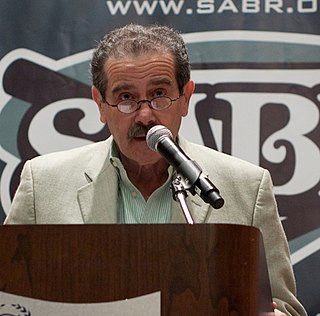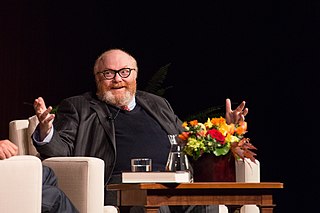A Quote by Susan Kelechi Watson
With my representation of a black woman in the world today, there's such a powerful response from my community about what it means to have black representation on television. That response is so overwhelming and so strong that I just have to express my own gratitude for it, because I understand the necessity for it.
Related Quotes
Because once the black man becomes the political master of his own community, it means that the politicians of that community will also be black, which also means that he then will be sending black representation or representatives not only to represent him at the local level and at the state level, but, but even at the federal level.
While I might not have a specific experience that is fully American, there is still a knowledge, something that I logically understand as a black woman and a black woman who is existing in America and a black woman who is in the diaspora that are just known quantities that I think anyone can relate to who is black.
I think a lot about race and the burdens of representation. There's an idea that because I'm writing a book set around the time of the Great Migration, and happen to be black, I'm trying to write a definitive account of the Great Migration, the so-called "black experience." That's not what I'm doing, and it can be frustrating.
I understand how difficult it can be for an African-American in today’s society. In fact, I can relate to black people very well indeed. My ancestors once owned slaves, and it is in my lineage to work closely with the black community. However, just because they were freed over a century ago doesn’t mean they can now be freeloaders. They need to be told to work hard, and the incentives just aren’t there for them anymore. When I’m president I plan to work closely with the black community to bring a sense of pride and work ethic back into view for them.
